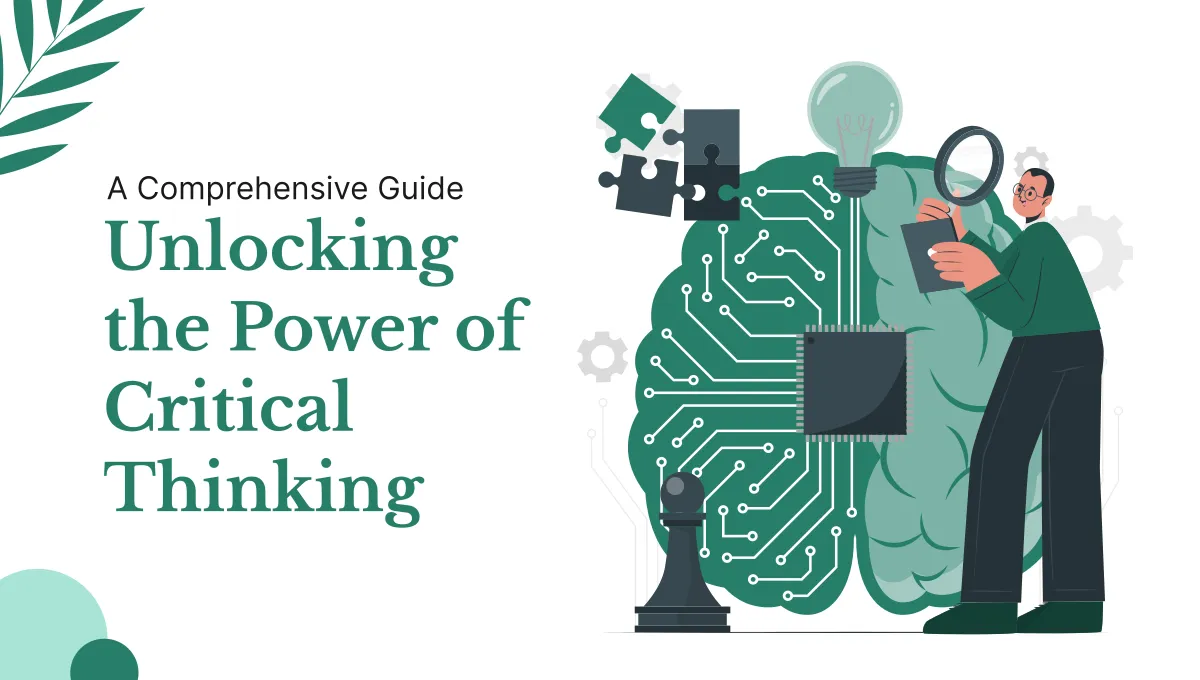Self-Improvement: A Comprehensive Guide to Personal Growth
Self-improvement is the conscious effort to better oneself in various aspects of life, such as personal development, career, relationships, health, and emotional well-being. It involves identifying areas of weakness, setting realistic goals, and consistently working toward becoming the best version of oneself. This process is ongoing and requires patience, self-awareness, and discipline. Here, we’ll delve into the importance of self-improvement, steps to achieve it, and key areas to focus on.
Importance of Self-Improvement
Enhanced Self-Awareness: Self-improvement helps you understand your strengths, weaknesses, values, and passions. This awareness allows you to make informed decisions that align with your true self.
Increased Confidence: Achieving personal goals and overcoming challenges boosts self-esteem and gives you the confidence to tackle bigger aspirations.
Better Relationships: As you grow emotionally and mentally, you become more empathetic, understanding, and capable of maintaining healthy relationships.
Career Advancement: Personal development often translates into professional growth, as skills like time management, communication, and adaptability are valued in the workplace.
Resilience and Adaptability: Continuous self-improvement equips you with the mental tools to handle life’s challenges and adapt to change effectively.
Key Areas of Self-Improvement
Mental and Emotional Growth:
Mindset: Develop a growth mindset by embracing challenges as opportunities to learn.
Emotional Intelligence: Improve your ability to manage emotions, empathize with others, and navigate social complexities.
Stress Management: Learn techniques like mindfulness, meditation, and deep breathing to maintain mental balance.
Physical Health:
Exercise: Regular physical activity improves overall well-being, energy levels, and self-discipline.
Nutrition: A balanced diet fuels your body and mind, enhancing focus and productivity.
Sleep: Quality sleep is crucial for physical recovery and mental clarity.
Skill Development:
Soft Skills: Communication, teamwork, and leadership skills are essential in both personal and professional life.
Technical Skills: Learning new tools, technologies, or methodologies keeps you competitive in your field.
Time Management: Prioritize tasks effectively to achieve goals without unnecessary stress.
Financial Literacy:
Budgeting: Create a plan for your expenses to save and invest wisely.
Investing: Grow your wealth by learning about stocks, real estate, or mutual funds.
Avoiding Debt: Practice disciplined spending to maintain financial stability.
Social Connections:
Networking: Build meaningful relationships with people who inspire and support you.
Community Engagement: Volunteer or participate in community events to foster a sense of belonging.
Steps for Effective Self-Improvement
Set Clear Goals:
Define specific, measurable, achievable, relevant, and time-bound (SMART) goals.
Break long-term objectives into smaller, manageable tasks.
Identify Areas of Improvement:
Conduct a personal SWOT analysis (Strengths, Weaknesses, Opportunities, Threats).
Seek feedback from friends, mentors, or colleagues.
Create an Action Plan:
List actionable steps for achieving your goals.
Schedule regular reviews to track your progress.
Develop Positive Habits:
Replace bad habits with constructive ones. For example, replace mindless scrolling on social media with reading.
Use tools like habit trackers to stay consistent.
Seek Knowledge and Inspiration:
Read self-help books, attend workshops, or listen to podcasts on personal growth.
Surround yourself with inspiring individuals who encourage self-improvement.
Embrace Failure and Learn from It:
View failures as opportunities for growth rather than setbacks.
Analyze mistakes and implement lessons learned in future endeavors.
Practice Gratitude and Positivity:
Maintain a gratitude journal to focus on the positive aspects of life.
Affirm your abilities and celebrate small victories.
Common Challenges in Self-Improvement
Procrastination: Overcome this by breaking tasks into smaller parts and using time-management techniques like the Pomodoro method.
Lack of Motivation: Stay motivated by visualizing your goals and rewarding yourself for progress.
Fear of Failure: Accept that failure is part of the learning process and move forward with resilience.
Inconsistency: Build habits through regular practice and use accountability partners to stay on track.
Benefits of Continuous Self-Improvement
Clarity of Purpose: Knowing your goals and working toward them provides a sense of direction in life.
Improved Decision-Making: Self-awareness enables you to make choices that align with your long-term vision.
Personal Fulfillment: Achieving milestones in self-improvement fosters a sense of accomplishment and happiness.
Self-Improvement Resources
Books:
Atomic Habits by James Clear
The 7 Habits of Highly Effective People by Stephen R. Covey
Mindset: The New Psychology of Success by Carol S. Dweck
Apps:
Habitica (habit tracking)
Headspace (meditation)
Skillshare (learning new skills)
Online Platforms:
Coursera, Udemy, and Khan Academy for skill development.
TED Talks for inspiration.
Conclusion.
Self-improvement is a lifelong journey of discovering and honing your potential. It’s about making conscious choices to better yourself in all aspects of life. By setting clear goals, taking consistent actions, and overcoming challenges, you can achieve personal growth and live a more fulfilling life. Remember, the smallest steps taken daily can lead to profound transformations over time.


You must be logged in to post a comment.